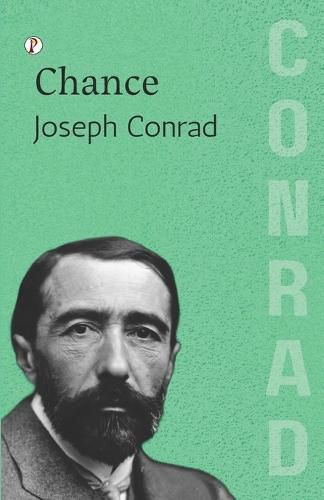Readings Newsletter
Become a Readings Member to make your shopping experience even easier.
Sign in or sign up for free!
You’re not far away from qualifying for FREE standard shipping within Australia
You’ve qualified for FREE standard shipping within Australia
The cart is loading…






This title is printed to order. This book may have been self-published. If so, we cannot guarantee the quality of the content. In the main most books will have gone through the editing process however some may not. We therefore suggest that you be aware of this before ordering this book. If in doubt check either the author or publisher’s details as we are unable to accept any returns unless they are faulty. Please contact us if you have any questions.
Joseph Conrad's novel Chance was published in 1913. It is narrated by Charles Marlow and other narrators, and it is unique among the author's works in that it places a strong emphasis on a female character: Flora de Barral. The narrators try to interpret various events in Miss de Barral's life, the daughter of a convicted swindler named Smith de Barral. When her father is released from prison, he joins them on the ship, and the novel reaches its conclusion. The plot alternates between human will and purposeful activity and an opposing "apathetic" force that dismisses the significance of human action.
$9.00 standard shipping within Australia
FREE standard shipping within Australia for orders over $100.00
Express & International shipping calculated at checkout
This title is printed to order. This book may have been self-published. If so, we cannot guarantee the quality of the content. In the main most books will have gone through the editing process however some may not. We therefore suggest that you be aware of this before ordering this book. If in doubt check either the author or publisher’s details as we are unable to accept any returns unless they are faulty. Please contact us if you have any questions.
Joseph Conrad's novel Chance was published in 1913. It is narrated by Charles Marlow and other narrators, and it is unique among the author's works in that it places a strong emphasis on a female character: Flora de Barral. The narrators try to interpret various events in Miss de Barral's life, the daughter of a convicted swindler named Smith de Barral. When her father is released from prison, he joins them on the ship, and the novel reaches its conclusion. The plot alternates between human will and purposeful activity and an opposing "apathetic" force that dismisses the significance of human action.